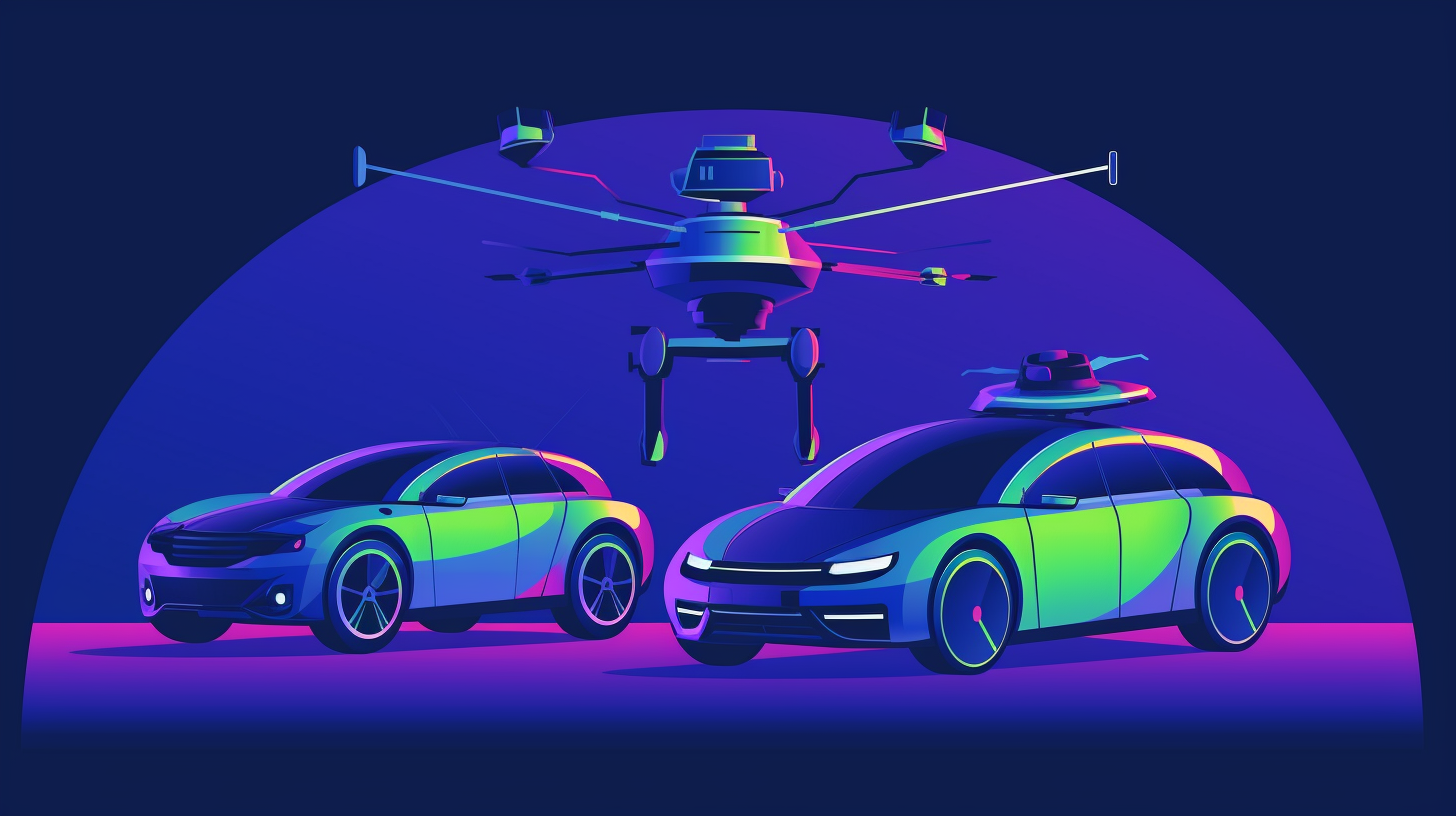
Take our Autonomous Systems Basics course and learn the fundamental concepts and terms needed to apply autonomous system skills to your industry.
Here's a deal for you
What's inside
Syllabus
Good to know
Save this course
Activities
Review autonomous system technology
Show steps
Refresh your knowledge of fundamental autonomous system technology concepts to prepare for this course.
Browse courses on
Autonomous Systems
Show steps
-
Review key terms and definitions related to autonomous systems.
-
Read articles and industry blogs on autonomous system technology.
Show all one activities
Review autonomous system technology
Show steps
Refresh your knowledge of fundamental autonomous system technology concepts to prepare for this course.
Browse courses on
Autonomous Systems
Show steps
- Review key terms and definitions related to autonomous systems.
- Read articles and industry blogs on autonomous system technology.
Career center
Software Engineer
Systems Engineer
Robotics Engineer
Control Systems Engineer
Sensor Engineer
Electrical Engineer
Sales Engineer
Test Engineer
Data Scientist
Algorithm Engineer
Machine Learning Engineer
Operations Research Analyst
Data Analyst
Product Manager
Software Developer
Reading list
Share
Similar courses
OpenCourser helps millions of learners each year. People visit us to learn workspace skills, ace their exams, and nurture their curiosity.
Our extensive catalog contains over 50,000 courses and twice as many books. Browse by search, by topic, or even by career interests. We'll match you to the right resources quickly.
Find this site helpful? Tell a friend about us.
We're supported by our community of learners. When you purchase or subscribe to courses and programs or purchase books, we may earn a commission from our partners.
Your purchases help us maintain our catalog and keep our servers humming without ads.
Thank you for supporting OpenCourser.


